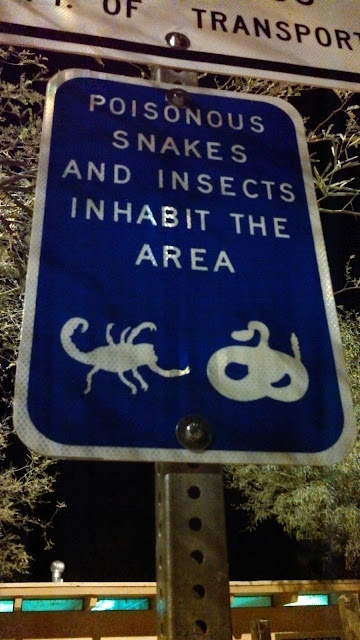Global warming will increase both the unpredictability and the rate of ecological change, exacerbating the information deficit that already exists in restoration work. The author describes this well by saying "our ecological future is accelerating away from our ecological past with increasing rapdity, and [that] it is increasingly unclear where it is going" (p.64). Given this increased complexity, what character traits are most valuable in ecological practices?
The author identifies openness, accomodation, patience, restraint, humility, and reconciliation as important virtues. Promoting a less controlling and more hands-off approach to restoration, the author believes these traits are virtues due to the unpredictability of systems under a changing climate:
"In an age marked by amplified ecological uncertainty, technologies that are more control orientied are likely to be less successful than those that are not, and technologies that are more interventionist into complex ecological systems are likely to be less successful and have greater unanticipated effects than those that are not. This is a straightforward function of complexity and uncertainty in dynamic and integrated systems" (p.71).
The author also argues for the decreased importance of historical fidelity, or the attempt to make the system that is the object of an ecological restoration match what it has been at some time in the past (pre-disturbance). If the abiotic conditions in a particular place have changed, or will change, then an attempt to cultivate a species assemblage that thrived under that lost past may be doomed from the start.














































